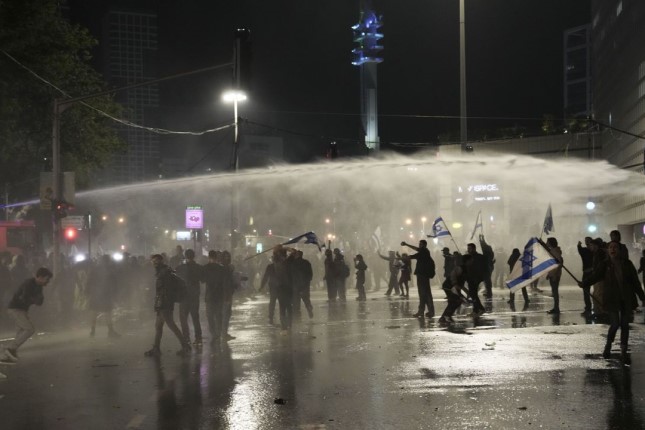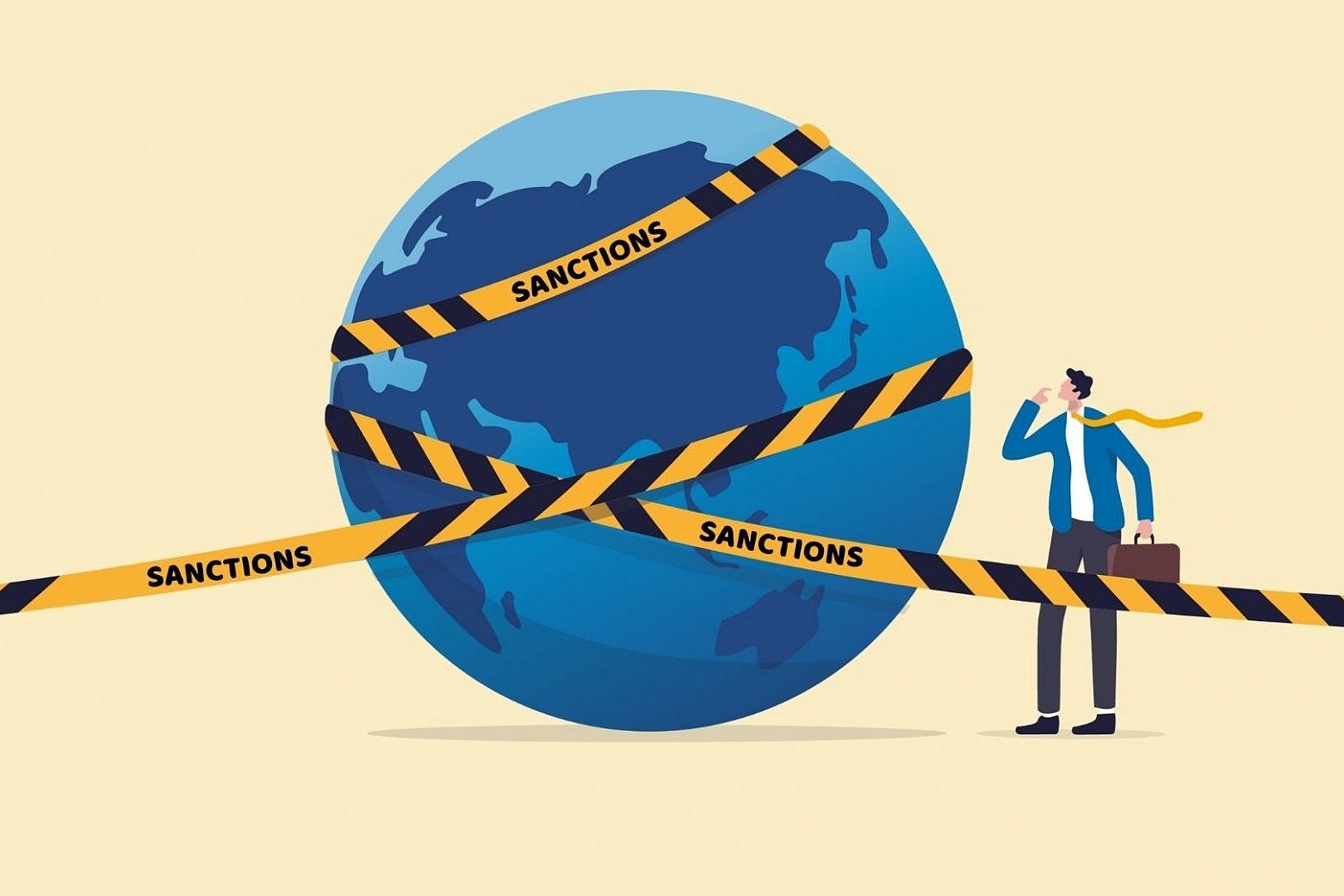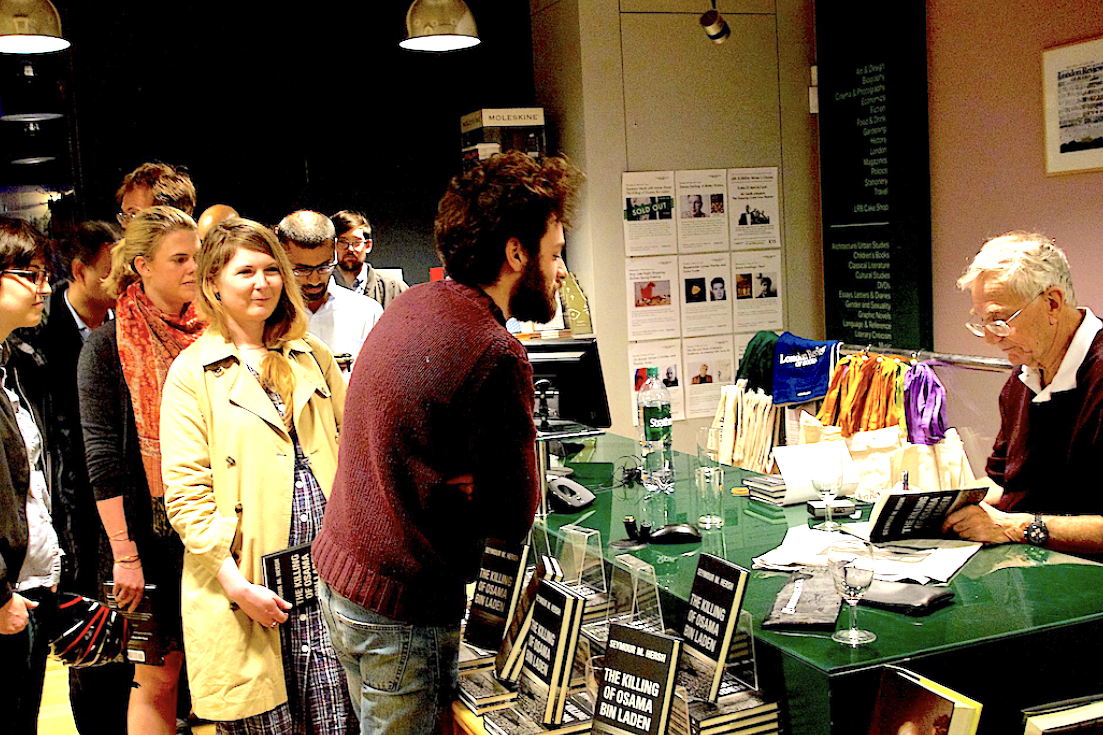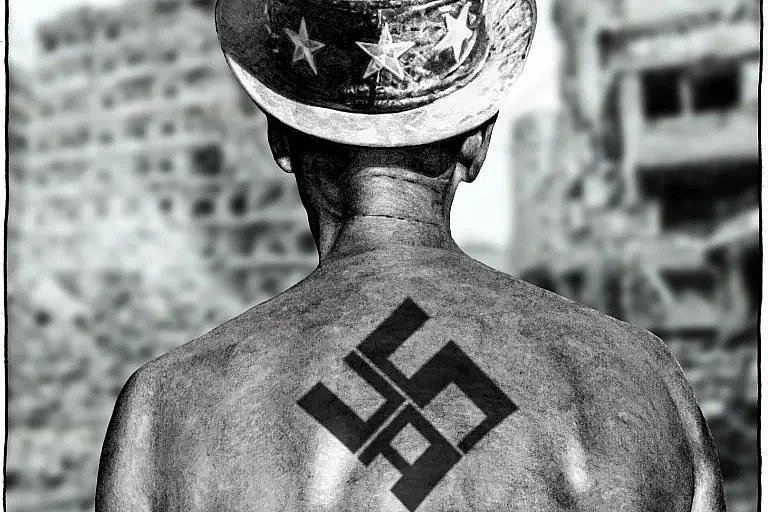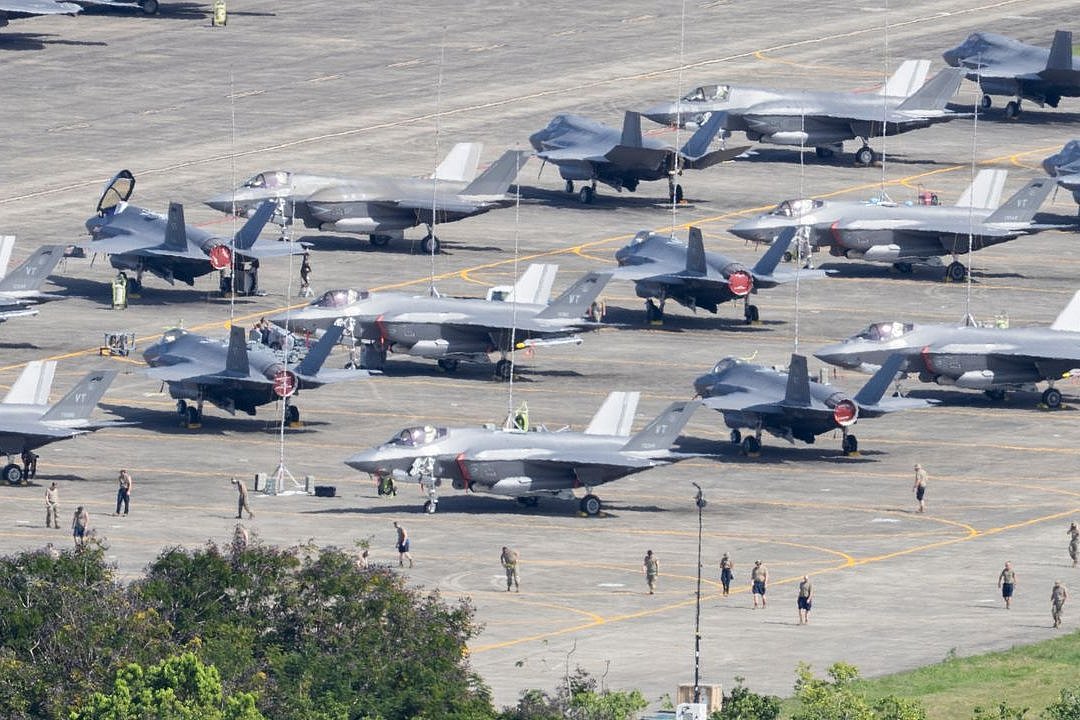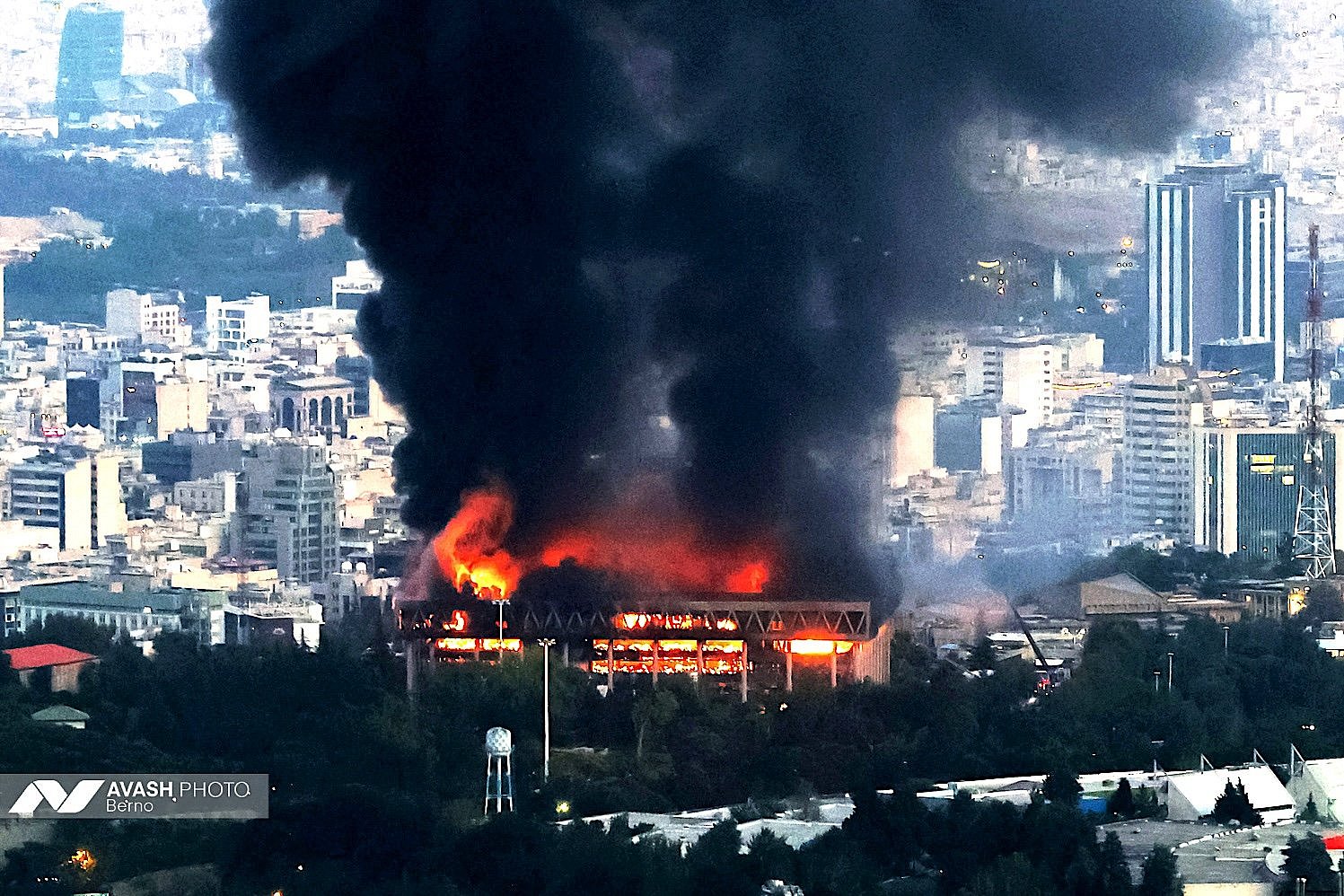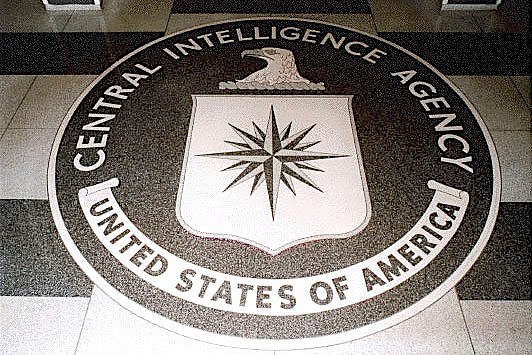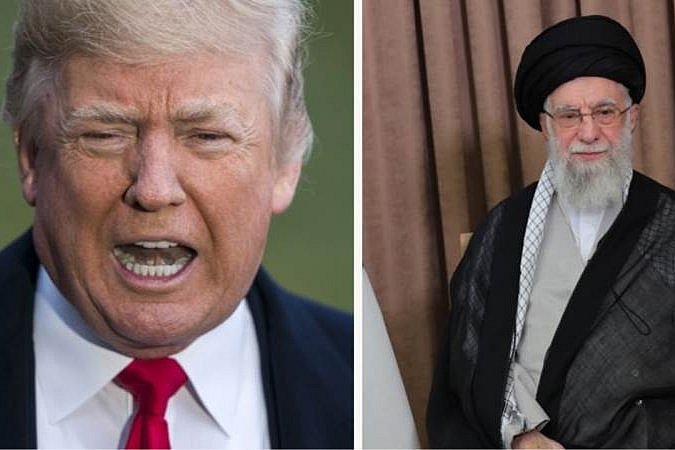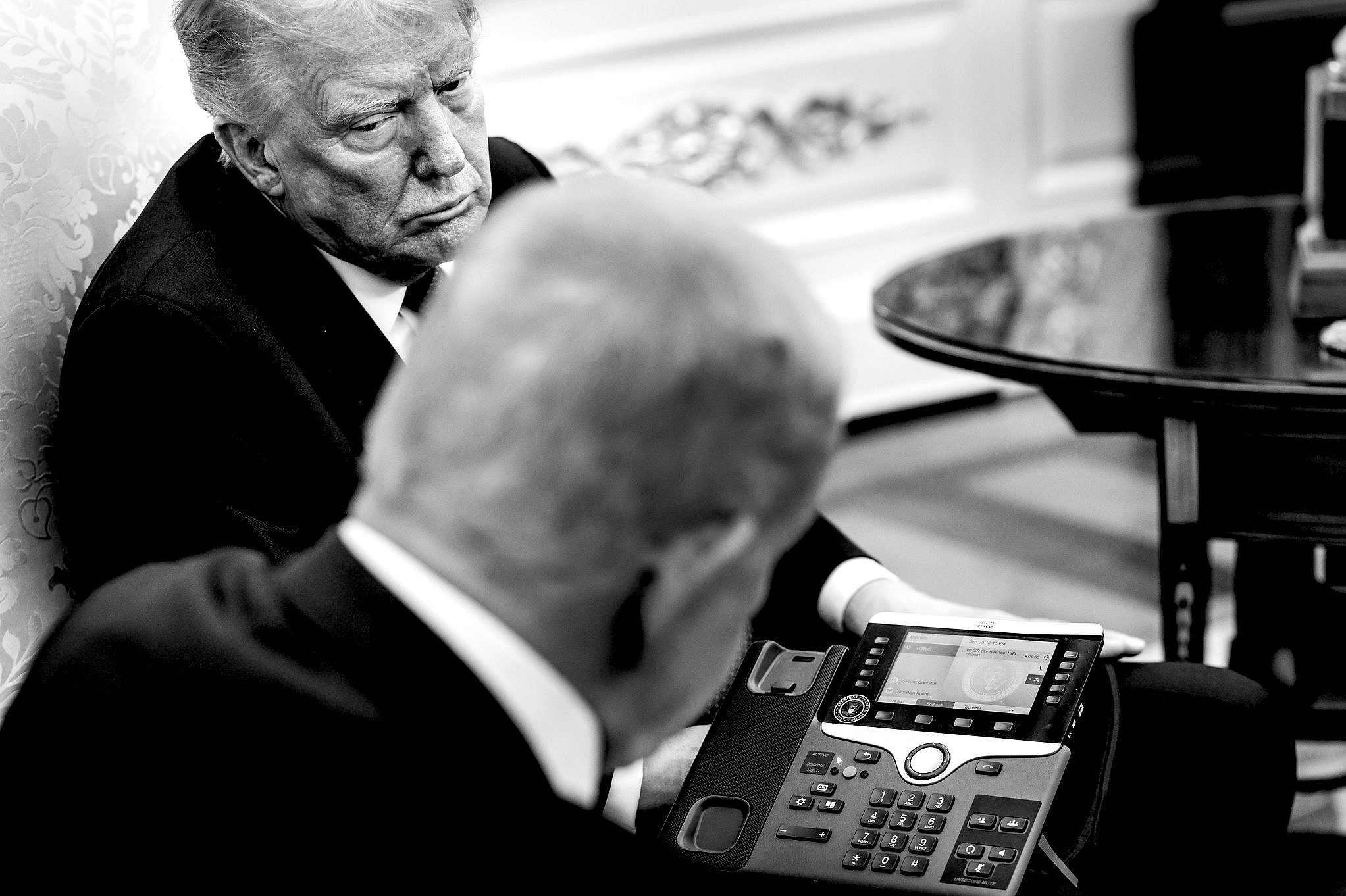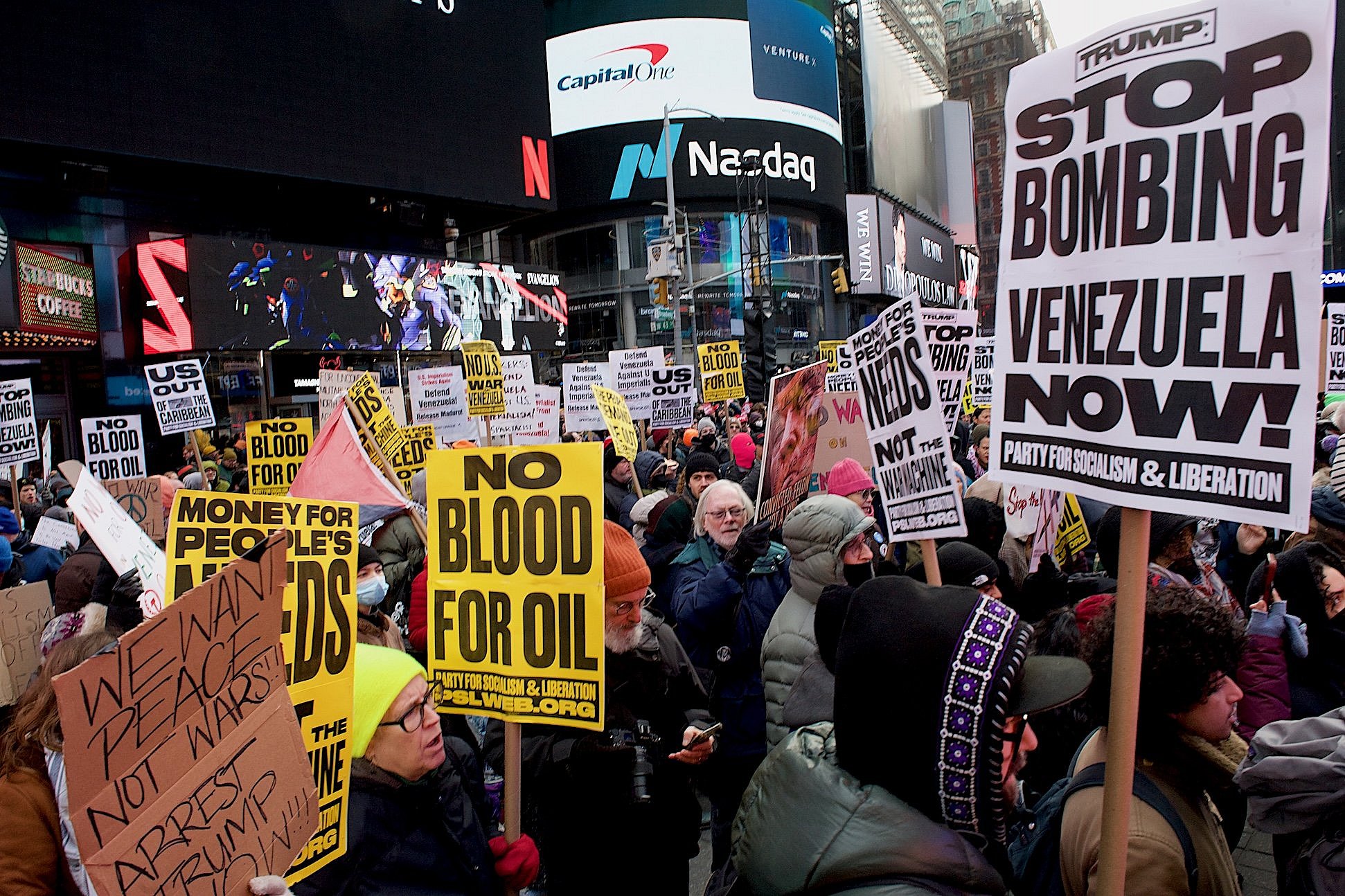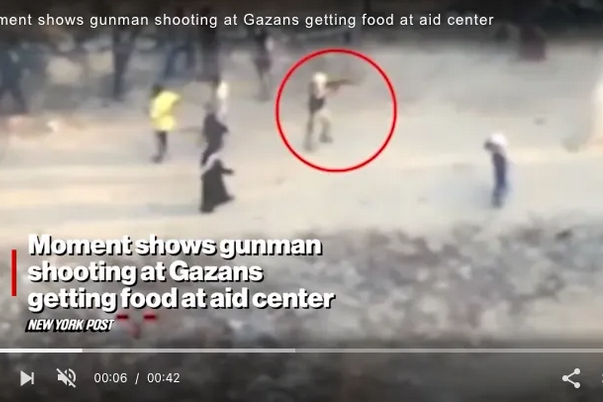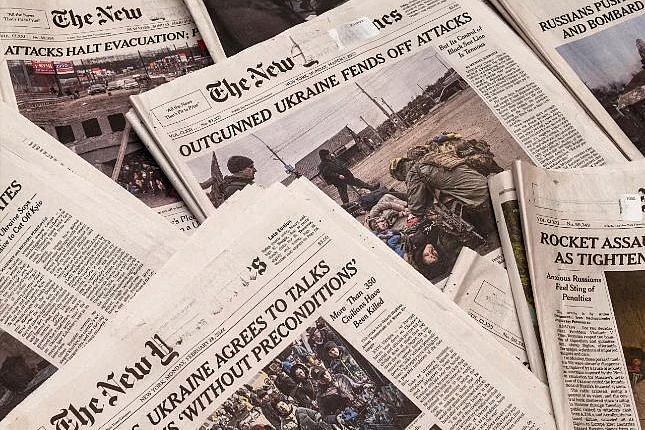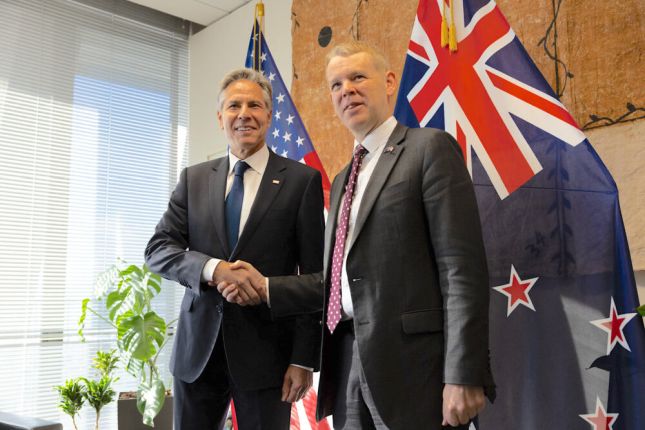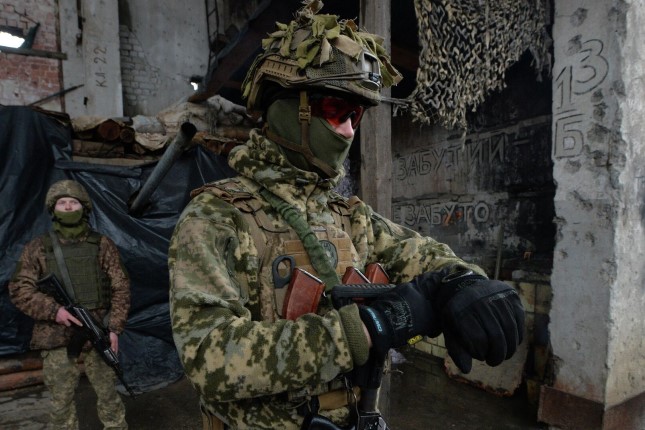Starting Monday night, hundreds of thousands of people have taken to the streets in towns and cities across Israel, blocking roads and the country’s main international airport. With Tuesday designated a “Day of Resistance,” they are protesting against Prime Minister Benjamin Netanyahu’s far-right and ultra-religious government’s introduction of legislation aimed at curtailing the powers of the judiciary as the crucial step toward assuming dictatorial powers.
The demonstrations were met with aggressive tactics on the part of the police who were mobilized at 100 sites. Officers used water cannon to disperse thousands of people protesting in Tel Aviv and made scores of arrests for violating public order. A mounted police officer was filmed knocking over a demonstrator on Tel Aviv’s Kaplan Street and trampling over him with his horse, while others were seen pushing people on the sidewalks.
At Tel Aviv’s Ben Gurion airport where more than ten thousand people gathered, the police struck a protester, breaking his nose.
In Haifa, police declared the protest illegal and started to clear thousands of demonstrators blocking an access road to the Carmel Tunnel, arresting two people for violating public order.
It comes just days after several senior physicians wrote to the police asking them to stop using water cannon as a crowd dispersal technique after 15 protesters had been seriously wounded, saying they were “weapons” that cause “exceptional and serious” damage.
This mass outpouring of popular opposition reflects not just the anger over the proposed changes to the judiciary, move to dictatorial powers and increasing role of religious layers over everyday life, but very real fears over rising inequality and the soaring cost of living, including the exorbitant cost of housing, as well as deepening concerns over failing public services, including education, health and transport.
Such is the polarization of Israeli society that Histadrut chief Arnon Bar-David said he could be forced to call a general strike if the proposed legal reform is not stopped and negotiations held for an agreed compromise.
Netanyahu’s fascistic coalition partners have railed against Attorney General Gali Baharav-Miara for approving an anti-government demonstration at Tel Aviv’s Ben Gurion Airport on Tuesday, with Transportation Minister Miri Regev vowing to change the law to block such protests from being held in future. She had earlier called for Baharav-Meira to be fired over law enforcement’s failure to suppress the protests against the judicial overhaul. Supporters of these far-right politicians have demonstrated outside the home of the attorney general, who has been warning against the erosion of Israel’s democracy.
National Security Minister Itamar Ben Gvir, who heads Jewish Power and is a leader of far-right settlers in the occupied West Bank, also attacked the attorney general and accused demonstrators of “crossing all lines.” He demanded that she “Stop backing rioters! Start enforcing the law!” This is the man who now heads the newly established National Guard that is, according to the budget passed in June, to be financed by a 1.5 percent reduction in funding for more than 40 ministries and government departments.
The “reasonableness” bill had its first reading in the Knesset on Monday and when passed as scheduled by the end of parliament’s summer session at the end of July will have the status of a new Basic Law. It removes the Supreme Court’s ability to overturn elected officials’ decisions on the grounds of “reasonableness.” It will enable Netanyahu to reappoint his key ally, Shas party leader Aryeh Deri, as head of the Health and Interior Ministries, appointments the Supreme Court overturned as being “unreasonable” due to his convictions for fraud, bribery and tax evasion and pledge not to seek public office again.
Even more importantly, the legislation will enable Netanyahu to press ahead with other dictatorial measures secure in the knowledge that the court—the only state institution that is able to hold Israel’s single chamber parliament to account and which his right-wing cabal does not control—will be unable to overturn them. However, it is expected that, when the bill does pass, the Supreme Court will review the legislation and strike it down, leading to a constitutional showdown with the government.
Last March, Netanyahu promised to freeze the measures in the face of the largest outpouring of popular opposition in Israel’s history that included massive street protests and a full-scale walkout by large sections of the Israeli working class, pending some compromise with the opposition parties. But with his far-right colleagues refusing to sanction any compromise, the talks were suspended and Netanyahu has pressed ahead, regardless of the continuing mass protests that have swept the country since the start of the year.
Netanyahu has used the intervening three months to carry out a series of criminal provocations against the Palestinians in the West Bank that Israel has illegally occupied for 56 years, and military operations against Iran, Syria and Lebanon who support some Palestinian militant factions opposing Israel, aimed at deflecting tensions outwards and creating a sense of national unity.
Just last week, Israel mounted a two-day attack on the densely populated refugee camp outside Jenin, home to 14,000 Palestinians, leading to pitched battles with Palestinian militants and the deliberate and widespread destruction of civilian infrastructure, including water, sewerage, telecoms, electricity, and healthcare facilities. Much of this was carried out under cover of air strikes by helicopters and drones. At least 12 Palestinians were killed, including four teenagers. More than 100 were injured, and one-quarter of the camp’s population was forced to flee.
A United Nations panel of human rights experts declared that Israel’s actions “amount to egregious violations of international law and standards on the use of force and may constitute a war crime.” They added, “The attacks constitute collective punishment of the Palestinian population, who have been labelled a ‘collective security threat’ in the eyes of Israeli authorities.”
There is no question that this criminal campaign of terror and murder is aimed at provoking a new wave of Palestinian attacks that will provide the pretext for the forcible displacement of the Palestinians, ethnic cleansing; the incorporation of the West Bank into Israel; the confinement of those Palestinians who remain in isolated Bantustans, denied access to the basic necessities of modern life; and the establishment of a Jewish Supremacist state, with Israel’s own Arab citizens having only second-class status.
In this, the Netanyahu government has the full-throated support of the self-proclaimed leaders of the mass protest movement, nearly all of whom have served at one time or another in ministerial positions under him and who have few political differences with him. Like former Prime Minister Yair Lapid and Defence Minister Benny Gantz, they are no less committed than Israel’s far-right government to the Zionist state and its oppression of the Palestinian people.
Far from representing a “progressive” alternative, they only object to Netanyahu’s judicial overhaul because they fear it, along with the increasing domination of religious forces, will destroy the myth that Israel is “the only democracy in the Middle East” and endanger the interests of the state. They have refused to mobilize support from Israel’s Arab citizens, far less the Palestinians in the occupied territories, instead drowning the demonstrations in a sea of Israeli flags.
Even now, when confronted with a government that refuses to make any concessions and is stepping up its repression of the Palestinians, Lapid and Gantz are calling for the resumption of talks in search of a “compromise.”
This makes ever more urgent the necessity to overcome the reactionary Zionist leadership of the protest movement and fight for the unity of Arab and Jewish workers in a common struggle to defend jobs, living standards and democratic rights, including the national rights of the Palestinian people. This can only be done on the basis of the program and perspective of international socialism.
Photo: Police uses water cannon to disperse anti government protesters in Tel Aviv, Israel, Monday, March 27, 2023. Over Sunday and Monday up to 600,000 people turned out to protest and strikes spread across all sectors, closing universities, grounding flights and shutting ports.protested © AP Photo / Oded Balilty.
Source: World Socialist Web Site.
